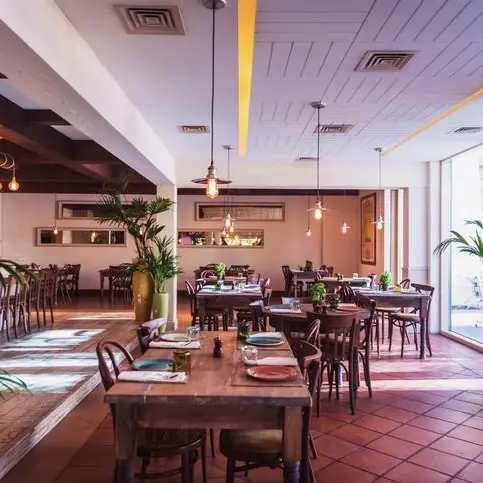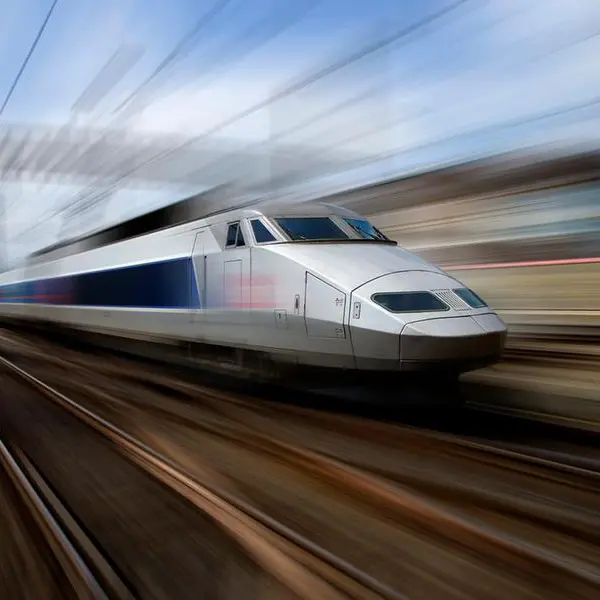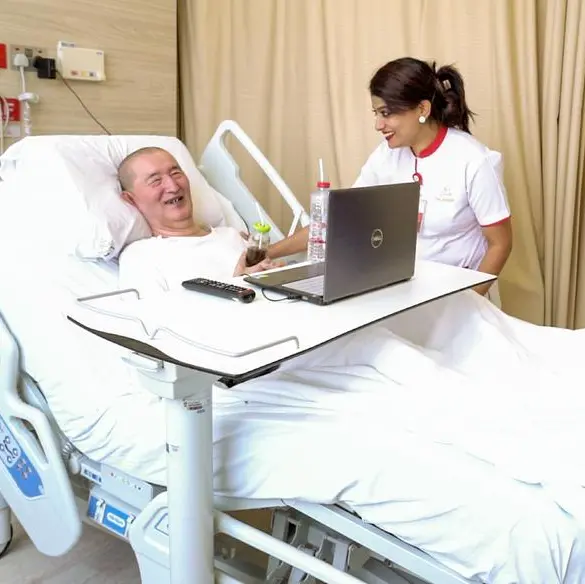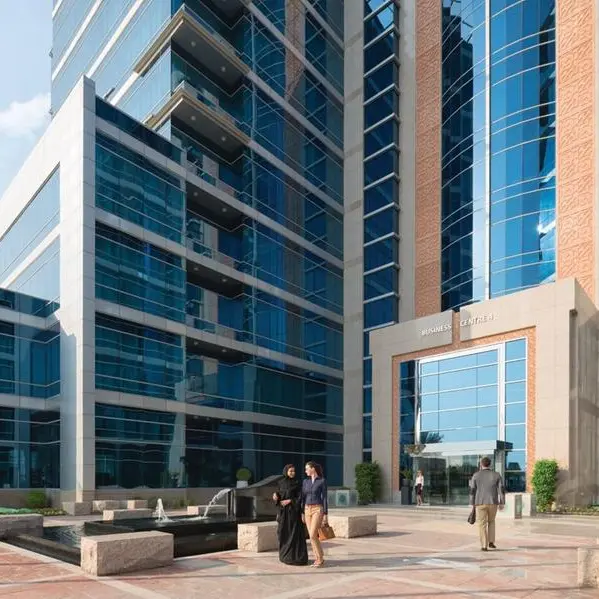Sunday, Apr 10, 2016
Dubai: If Saudi Arabia’s plans to partially list Aramco and raise $2 trillion from the public market fructify, it will also result in transformation of the Public Investment Fund (PIF) into a giant sovereign wealth fund, potentially reducing the role of Saudi Arabia Monetary Agency (SAMA) in managing public funds.
According to the International Monetary Fund (IMF) the PIF had assets of about 310 billion Saudi riyals (Dh303 billion) or 11.1 per cent of GDP in 2014 with foreign assets of 13.9 billion riyals as of the third quarter of 2015. It has outstanding loans of SAR101 billion as of the third quarter 2015.
According to Bloomberg, PIF had stakes in publicly listed companies on Tadawul worth 87.9 billion riyals as of January 2016. According to the Ministry of Finance, PIF held equity worth 63.3 billion riyals in 41 Saudi companies in total at end-2011, as well as stakes worth 14.9 billion riyals in a number of pan-Arab corporations. In July 2014, the cabinet authorised the PIF to establish companies inside and outside Saudi Arabia, alone or in partnership with other institutions from the public or private sectors. It also bought a $1.1bn stake in a South Korean company.
The PIF started paying dividends to the budget last year with an initial payment of 15 billion riyals. It now reports directly to the Council of Economic and Development Affairs headed by the Deputy Crown Prince, after reporting to the Ministry of Finance in the past.
“It will be interesting to see how the restructuring of the PIF into an SWF works out in practice. We speculate that it may be that, on top of the monetisation of Aramco’s stake sale, PIF gets a portion from SAMA’s assets. In this case, we transition to the Abu Dhabi model where the central bank holds little reserves and SWFs are what matters both in terms of flow and stock,” said Jean-Michel Saliba, Middle East economist at Bank of America Merrill Lynch.
With the PIF’s emergence as a major actor in foreign assets purchases, analysts expect as these assets purchases will have to be managed within the overall balance of payment framework and could lead to a further drain on SAMA reserves in the near term.
By Babu Das Augustine Banking Editor
Gulf News 2016. All rights reserved.




















